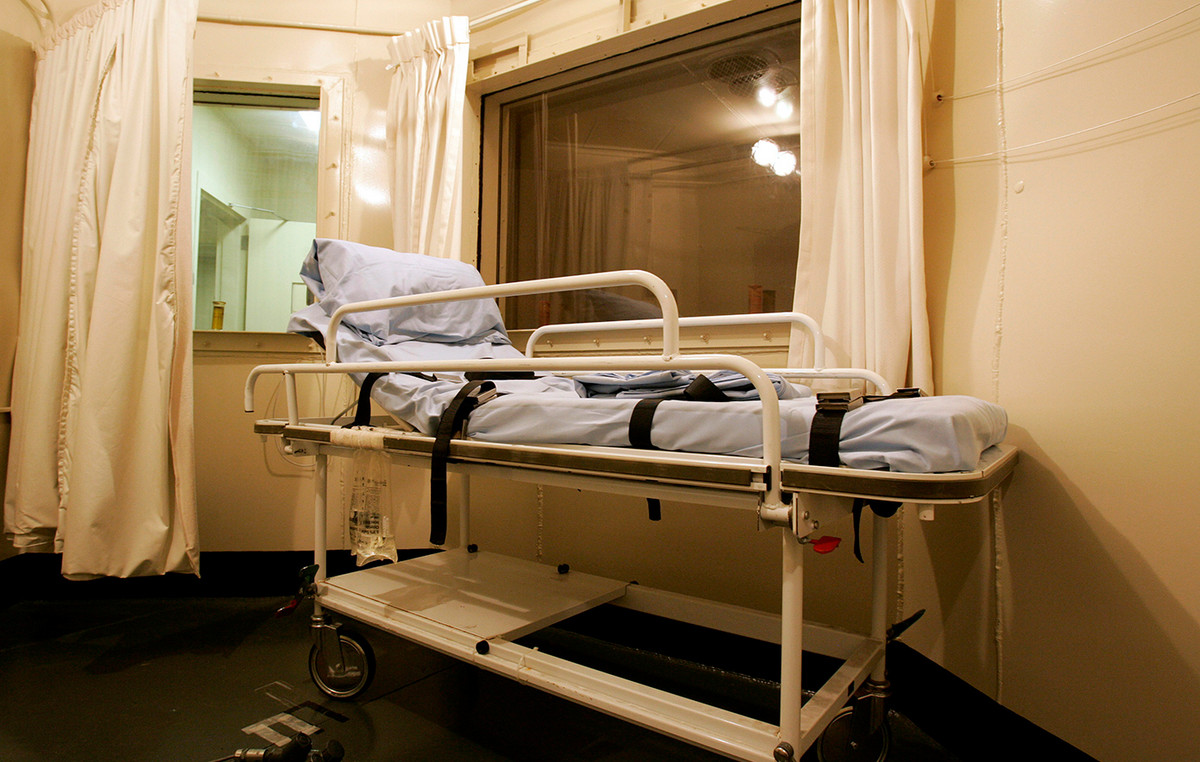Data released recently by the Brazilian Network for Research on Sovereignty and Food and Nutritional Security (Rede Penssan) indicated that Brazil has at least 19 million people suffering from hunger, and 55% of families are food insecure – without regular and permanent access to food .
“We’ve never gone through such a serious situation,” warned Sandra Chaves, vice-coordinator of Rede Penssan, in an interview with CNN.
The professor at the UFBA School of Nutrition highlighted that, given the instability of the economic environment and the absence of prospects for change in the short term, two concepts are fundamental: solidarity and responsibility of the State.
“Solidarity has been fundamental to guarantee the survival of these millions of Brazilians who are hungry. We have 119 million Brazilians with some food deprivation, and 19 million starving, not knowing when they will eat again. Solidarity is fundamental, but insufficient”, he said.
As it is insufficient, Sandra Chaves affirms that there is a need for the State to have responsibility and guarantee decent income transfer programs. She points out that the value of the basic food basket grew more than 30% in the last 12 months, reaching prices above 700 reais in some states.
The researcher explains that the data from this survey released by Rede Penssan were collected in December 2020. “The aid of 300 reais was in effect for a relatively large number of people and families. After that, we were left without any aid for three months, then he returned at a very low rate. Now, we are in this vacuum until it is resumed at the estimated value of 400 reais”, declared Sandra.
In addition to the solidarity of society, and the state’s responsibility in income transfer programs, the vice-coordinator of Rede Penssan says that active government measures are needed in price regulation, to guarantee the population’s access to food, in addition to programs of employment and income.
“Having a gas cylinder at R$ 120 is very serious. A kilo of beans and rice at R$9 in some capitals. The absurd price of a kilo of meat. In 1974, the first national study of household expenditure was carried out. There, a famine situation of the level we are seeing now was demonstrated. Families made cardboard soup across the country. We are seeing this now. We have never gone through such a serious situation”, stated Sandra Chaves.
* Under the supervision of Elis Franco
Reference: CNN Brasil







